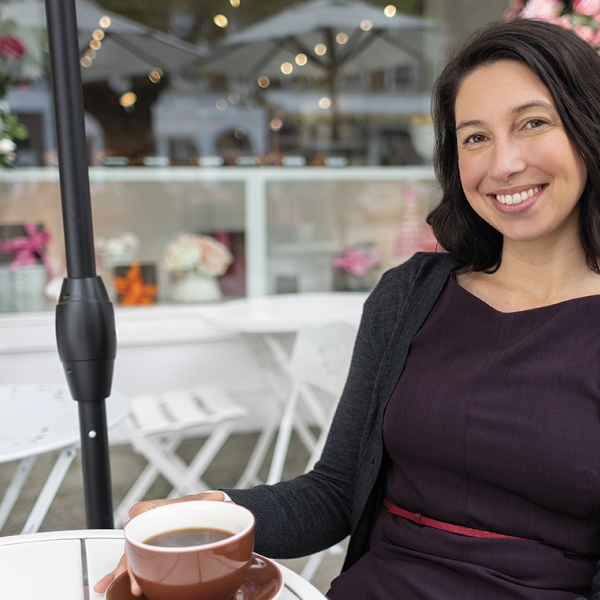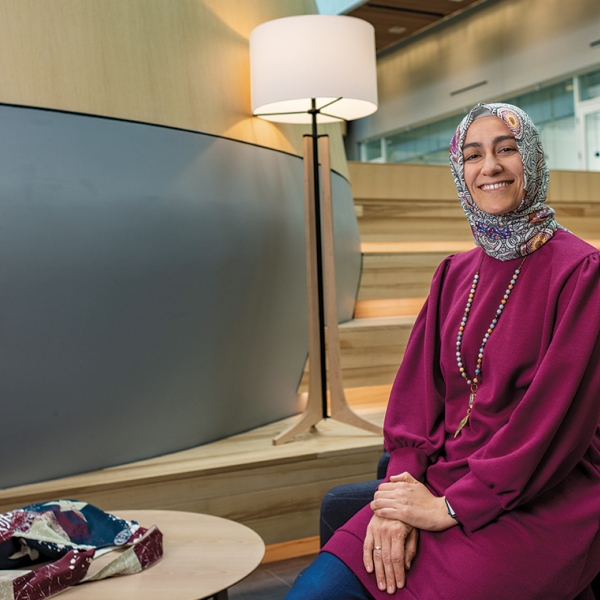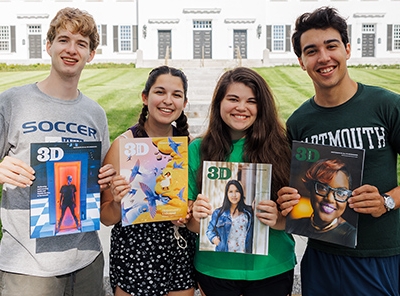Shaonta' Allen distinctly remembers the first sociology course she took in college. "The instructor taught the course around four topics, three of which were race, education, and religion. As a Black Christian girl from Washington state who loved school, I saw myself in the materials of that class. So, it's not surprising to me that I now teach about Black communities and sociology in a way that allows students to see themselves in the material."
Professor Allen studies the intersection of race, religion, and social movements. Specifically, her scholarship focuses on how Black communities perceive and respond to social inequality at both individual and group levels. Her current research project examines how Black Christian millennials "make sense of race, racial inequality, and their faith, the ways that Christianity has been complicit in perpetuating inequality, and how to reconcile those tensions within the Black Lives Matter movement."
For Professor Allen, lived experiences are an important form of knowledge in the classroom. "I like to share with students my identity as a first-generation, low-income woman of color from the West Coast. I also share with them my background as a qualitative sociologist trained in the Black feminist tradition." In turn, she encourages her students to think critically about their own identities in relation to the course material. "I love that Dartmouth encourages students to shed the traditional power dynamics between professors and students—to emphasize that faculty really are co-collaborators in their learning experience."
Professor Allen's favorite class to teach is called Dangerous Intersections: Intersectionality Beyond Boundaries. The course examines, through a variety of social lenses, the concept of intersectionality, a framework for understanding how social categories shape lived experiences. It was originally taught by leading intersectionality scholar Deborah King, who retired in 2023. "Teaching that course reminds me that the work I do is bigger than me," Professor Allen says. "Sociology encourages us to make the strange familiar and the familiar strange. It compels us to think about who benefits from and is harmed by societal norms. It pushes us to think more deeply about power."
Her teaching and research, she says, also allow her to leverage her childhood curiosity in transformational ways. "My mom emphasized at an early age that education is the key to success. Had I played by the rules and allowed myself to believe the expectations others had of me, I wouldn't be here. My advice is to always remember that you have the power and the agency to get yourself to the places that you deserve to go."
Photograph by Don Hamerman, in the Tower Room of Baker Library




